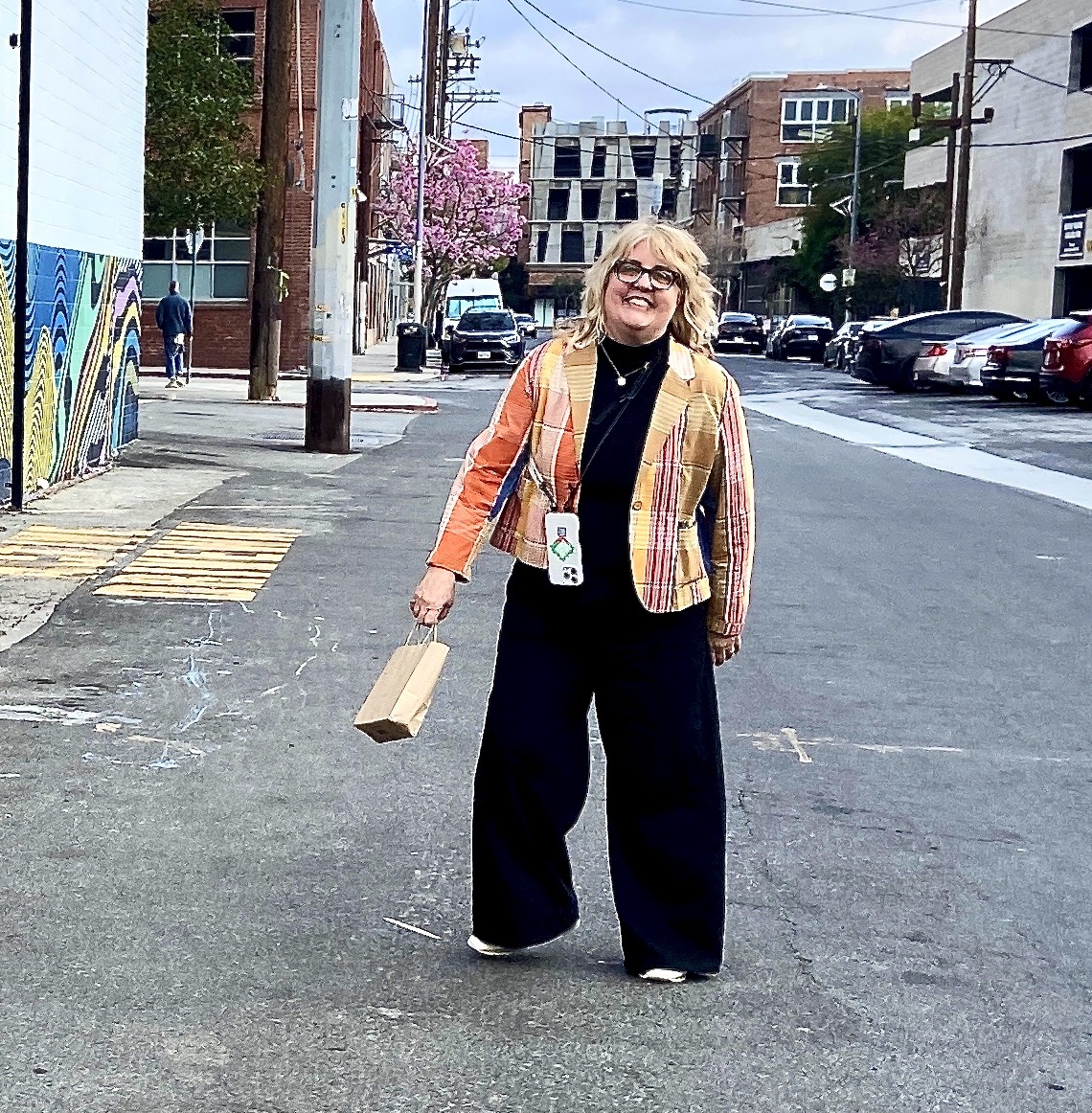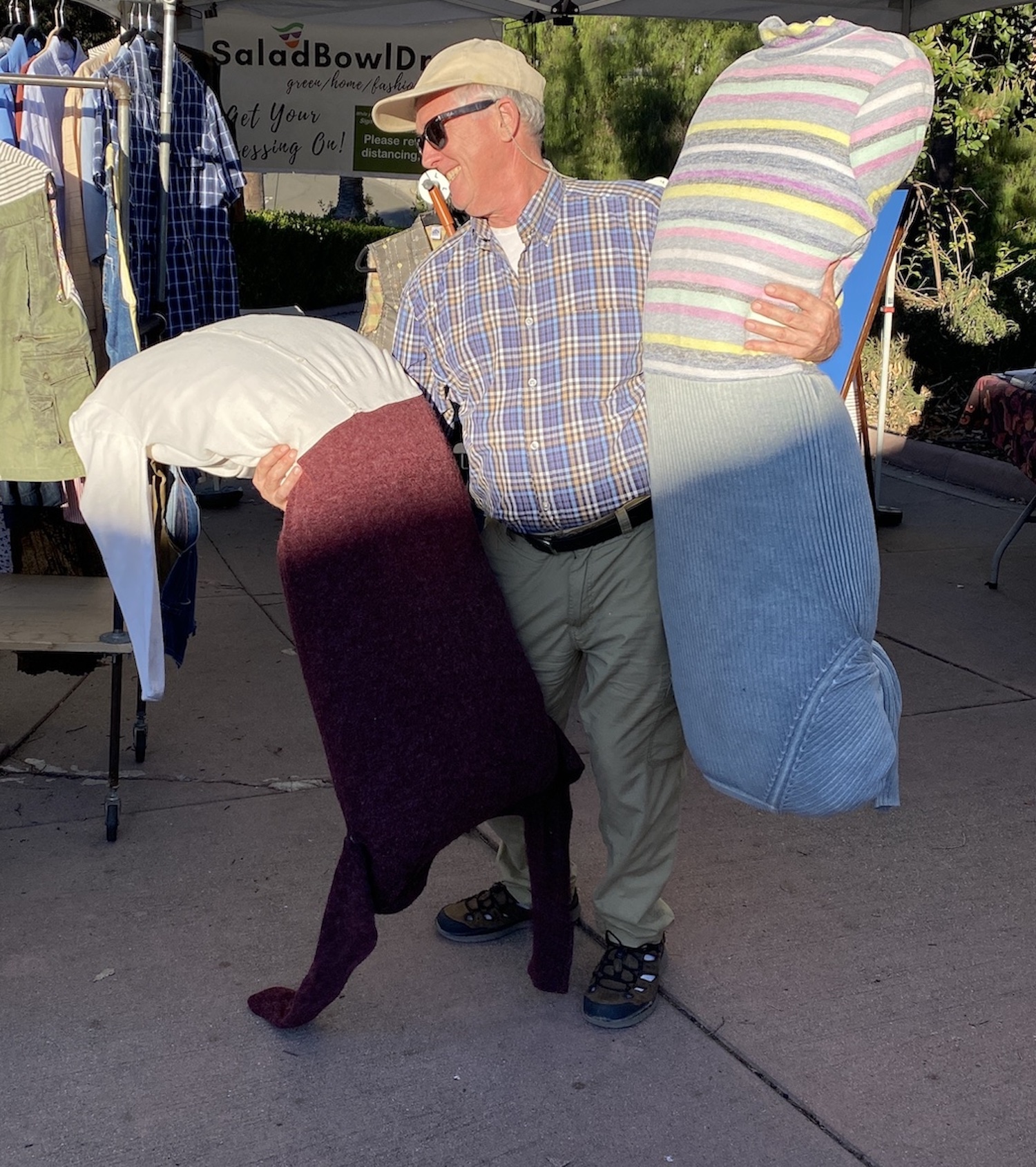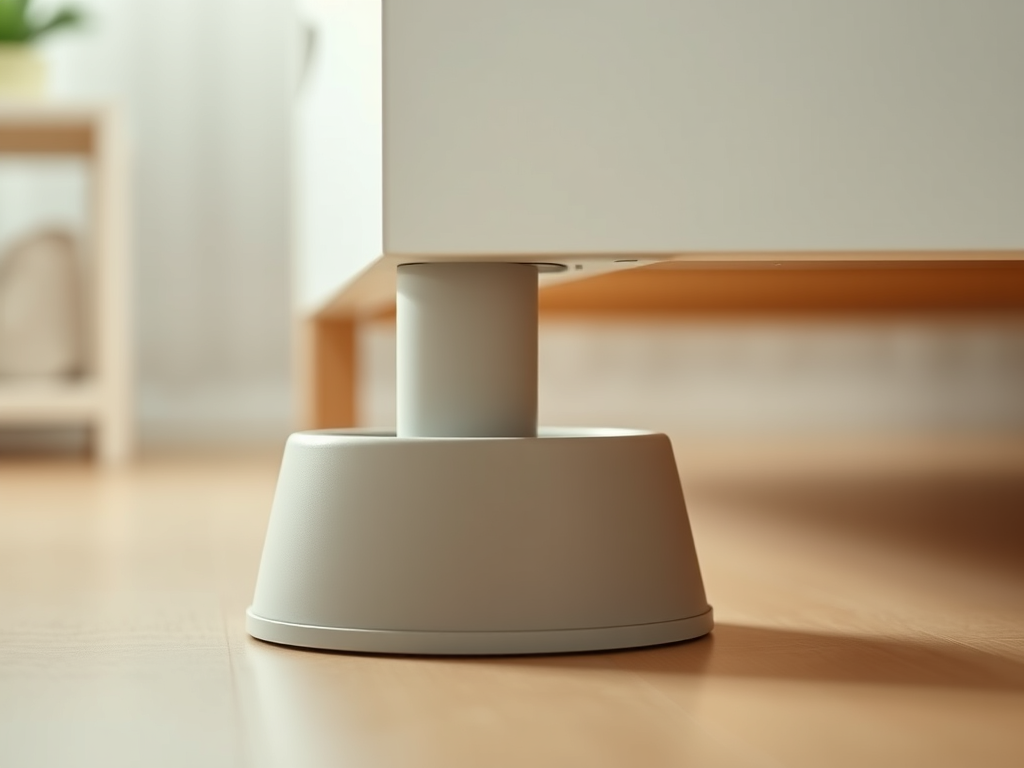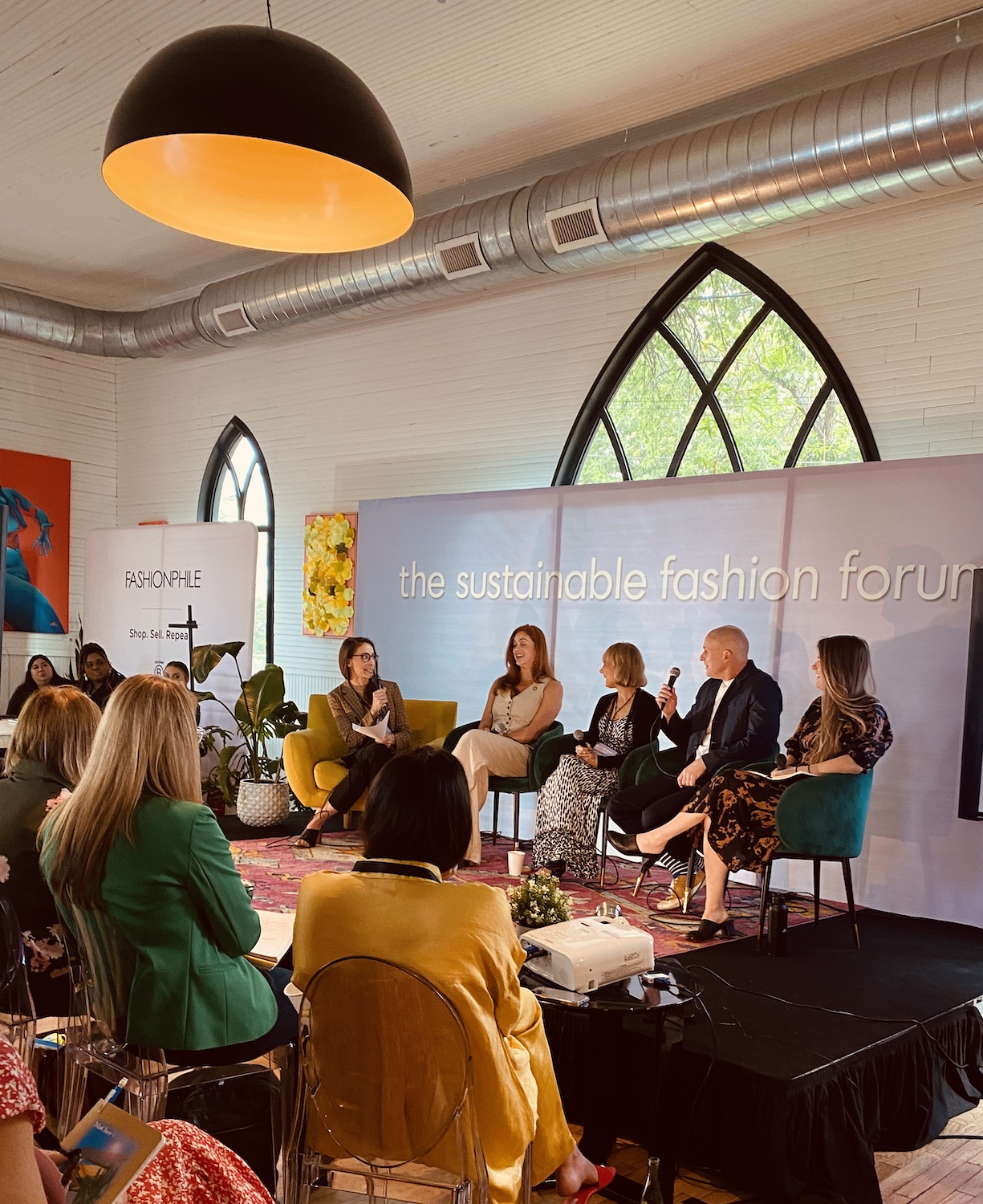
Is climate change causing the coldest winter in Texas since the 1890s?
Dr. Shahir Masri, a Master in Environmental Sciences, elucidates misconceptions about greenhouse gas emissions and offers insight into his research in his new book Beyond Debate.
One degree or so seems like no big deal. Some areas are getting cooler, and some warmer. Variability is enormous.
Across the polar caps, it is about 10 degrees different.
At the peaks and troughs. How are they changing over time? Average is a scientific metric, not very useful to the average person.
Nevertheless, given this experiment, we are conducting with our planet Earth, not doing enough for a fighting chance of survival is an experiment.
The planet might make it, but as a species, humans and animal populations are dying because of climate change now.
We are in the sixth mass extinction. Eighty percent of our animals are being lost right now. A real siege we need to address.
Shahir belongs to the same Climate Reality group in Orange County, California, that I do. He says joining a climate action group is the most critical thing anyone can do.
We can read about what is going on or listen to a podcast, as in this case, Tristan Miller interviews Dr. Shahir Masri on the One Earth Podcast, where environmental pioneers who are the beacons of tomorrow share what we all need to do collectively.
What can we do? Solutions involve the 3 pillars of climate action, as Shahir likes to address them.
One is civic duty-changing a few policies- making a phone call to the representatives supporting climate change initiatives. Of course, at the top, voting is the number one thing to do. Canvas for an elected official.
Two involve outreach and education. It is essential to talk about these concerns. Share how you are taking action to care for your life and the planet’s livelihood.
Are you composting? Are you planting trees?
Have you worked towards having a more sustainable lifestyle and sustainable fashion?
Well, if you are doing any of the things that are moving the planet forward to offset the damage of Co2 then share it with your friends and neighbors.
Be proud of it, whatever you might be doing. It is ok to care about specific topics and write and share existing articles.
Tell the average person about the science of accelerating the climate crisis. We have had the twenty hottest years of all time.
Read Bill Gates’s new book. How to Avoid a Climate Disaster: The Solutions We Have and the Breakthroughs We Need
Three is considering our carbon footprint. Something we have been doing for a long time. Try to turn the a/c off in the summer, buy an electric car, and more by reducing fossil fuel energy individually.
More of what we can do is buy from small farmers and local farmers’ markets. Use refill stations for shampoo etc. There are farm-fresh market boxes that can be delivered to your door, like one called imperfect foods. You can get ten off your first box here. We are not trying to be perfect but to do more imperfectly.
One way to put it. We have not had carbon dioxide Co2 emissions this high since 3-6 million years ago. The time before that was 65 million years ago.
Potentially it has never happened before. We are living in a global experiment.
Careers are dedicated to this experiment, and the answers look bad.
Fossil fuels liberate greenhouse gases releasing harmful pollutants. It is a public health hazard on a global level. Air pollution impacts cognitive abilities and impacts cardiovascular disease.
A couple hundred thousand people die yearly, and 3.5 million die prematurely.
Scientists are studying Air pollution as a human carcinogen and possibly a cause of autism. A known fact is it affects developing brains.
Ultrafine and fine particles coming out of the air can be reduced and is a substantial public health gain.
There are significant correlations to disease by virtue of your surroundings.
We have to drive a halt to this experiment. Drive ourselves back to lower greenhouse gasses.
Improved sustainable energy is imperative.
Invoked as the planet, but a human civilization stands to lose.
Earth has been around 4.5 billion years.
6.5 million years ago, we had a snowball planet. That has happened twice in Earth’s history.
Fluctuations have been extremely dramatic. Have not stood the test of time. The last ten thousand years have been a pretty stable climate.
If the earth becomes unstable, nothing precludes the planet from disrupting or changing, bringing life to a halt.
On a positive note.
This book Beyond Debate is about trying to get the word out to everyday people around the country. It is less an academic approach and more a grassroots call to action to bridge the gap between science and the public. It is about climate outreach. How is it affecting people at a local level? Surveys were done and compiled for a paper shared on the climateAction.com website.
Agriculture production could be more of a community. We should support local permaculture. Check out simple eco-choices to receive hand-harvested organic seeds of your choice to plant this spring as you strive for sustainable, climate-friendly living!
Grow gardens, which are suitable for our psychology as well.
Consuming less. Heavy marketing on buying things perpetuates a culture of waste.
Pay for more services that benefit our lives.
Have experiences rather than things.
Diet is another primary example of that.
Small farming. We have to shift to green infrastructure. It is essential. More subsidies for green energy.
Subsidies for Oil and gas have to dwindle.
Switching to electric vehicles for clean air burning car emissions.
More conservationists like the imperfect food companies to curb the ridiculous 40% of food that is wasted.
Look for ways to get more trees planted.
City officials want to hear from you. Consult a constituent that cares. Ask a climate expert to talk to your group.
Get Your Dressing On! What does it make you think of?






Read the Comments +